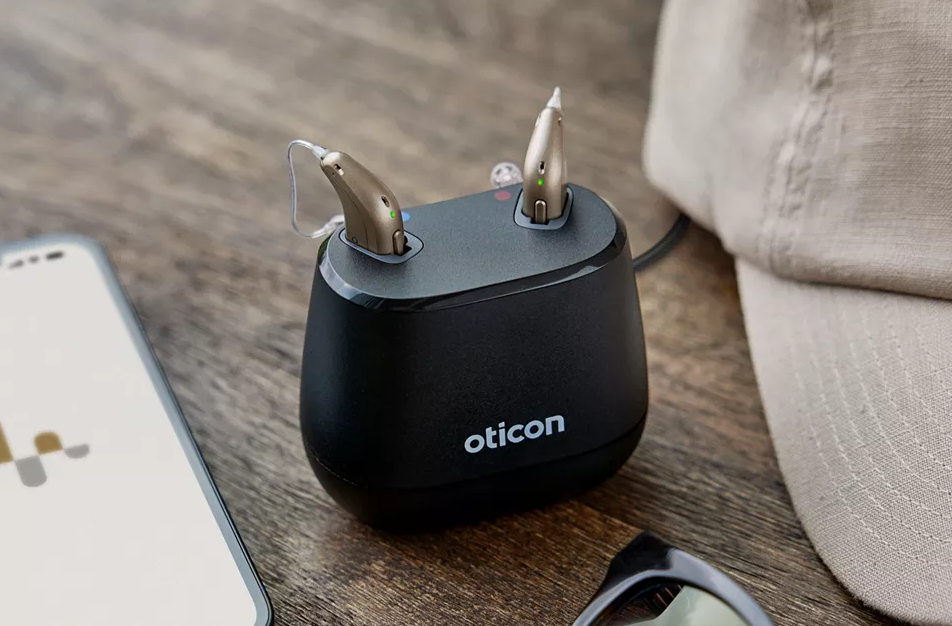
I will always wait to review any new hearing aids until after I’ve received plenty of feedback from my patients about their real-world experiences rather than just feeding you the manufacturer lines. Well, the Oticon Intents are in.
Based on this review, you might learn that these hearing aids are the right ones for you – or you may learn that they’re not.
Understanding Oticon Intents
The Oticon Intents superseded the Oticon Real, which I fitted plenty of over the years, and with their leading features around automation, clarity, and background noise reduction, there is no question that they were Oticon’s best hearing aids to date. However, they weren’t a significant step up from Oticon’s previous hearing aids, the Oticon More.
In reality, there were only two real developments:
- The introduction of their wind and handling noise feature
- Their sudden sound stabiliser
Whilst these were two positive features, they weren’t really worth upgrading your hearing aid for in my opinion. On top of that, I can’t say that they’ve been flawless, as they had issues around reliability and Bluetooth connectivity for the entire time that they’ve been around.

What’s new then?
So far, the Oticon Intent is available in a single model: the miniRITE R. This is the first time we’ve seen a redesign of Oticon’s receiver-in-canal hearing aid for three generations now, going back to the Opn S mini R.
This fresh new look is Oticon’s smallest-ever rechargeable Bluetooth receiver-in-canal hearing aid. The new design is shorter than their previous models, which my patients have welcomed when discretion is important, but at the same time, it’s also a fraction bulkier, so I’ve had a few patients mention them clashing with their glasses.
Oticon’s redesign includes a slightly tweaked angle on the top, which I’m told is for better comfort and fit. In the redesign, Oticon have also removed the rocker switch that they had on the Oticon Real (which, I’ve got to be honest, my patients did like due to its flexibility), and they’ve replaced it with a single button on the back, which can be used to change the volume, switch programs, or answer phone calls.
Now, whilst the buttons on hearing aids aren’t as important as they used to be (because everything can be done on the app nowadays), there are still a lot of patients out there who like the flexibility of being able to use both the app and the hearing aid to make adjustments. So I don’t think that this was a positive decision from Oticon. Plus, I’ve also noticed that you need to make sure you press it accurately in the right spot; otherwise, it doesn’t always register the press.
Design and physical features
Directional microphones
The Oticon Intents also have a development to the directional microphones. The hearing aids have a rear-facing microphone, and ports for the forward-facing microphones. In Oticon’s previous tech, the microphone ports would often become blocked with dead skin and debris, reducing the effectiveness of the hearing aids. So this move will make maintenance far easier and result in fewer visits to your audiologist, there’s no question of that.
Finally, we have the receiver wire, which has also had a redesign, meaning that it’ll sit a lot neater in your ear than the previous version. This wire feeds energy and information to the speaker, which sits inside your ear, and Oticon boasts that the technology inside them has also been upgraded, which we’ll discuss later.
Colour options
The only other physical thing to mention today is the different colours available, from which you can choose ]nine options, including a new sky blue and honey beige colour.
Oticon have removed the pink and olive green, which I’ve only fitted to a couple of ears, so I can understand why they’ve got rid of it. You’ll notice that they’re all matted nowadays, so they don’t tend to catch the light, and the most popular colour that my patients choose in clinic is Chroma Beige.

Receiver Updates
Are the Oticon Intent hearing aids suitable for you? They are currently available only in a receiver-in-canal style, which is unlikely to change anytime soon, as the Oticon Own in-the-ear hearing aids weren’t released all that long ago.
The positive of them only being available in the RIC style is that they can be adapted physically depending on your degree of hearing loss. So they’re technically suitable for mild, moderate, severe, and profound hearing loss, and this is all done by switching the receiver. This image shows the different powers of speakers that are available, so if your hearing loss falls within the grey-shaded area, then they’re technically suitable for you.

Not only can the receiver be changed, but the hearing aid can also be customised for your hearing loss and anatomy by changing the tip on the end. And Oticon have a selection of medical-grade silicone tips to choose from, ranging from open, closed, power domes, plus custom tips that are available too.
One thing that I think is often overlooked is having a custom tip made for the end, and in my clinic I tend to make them for as many hearing aids as possible. This small yet incredibly important part of the hearing aid can completely change the way that your hearing aid functions, so it is incredibly important to get it right.
Receiver updates
Oticon have improved their brand-new receivers in three different ways.
1. Design
Firstly, they’ve changed the angle of the bend, as you can see here when compared to the Oticon Real on the left and the Intent on the right.
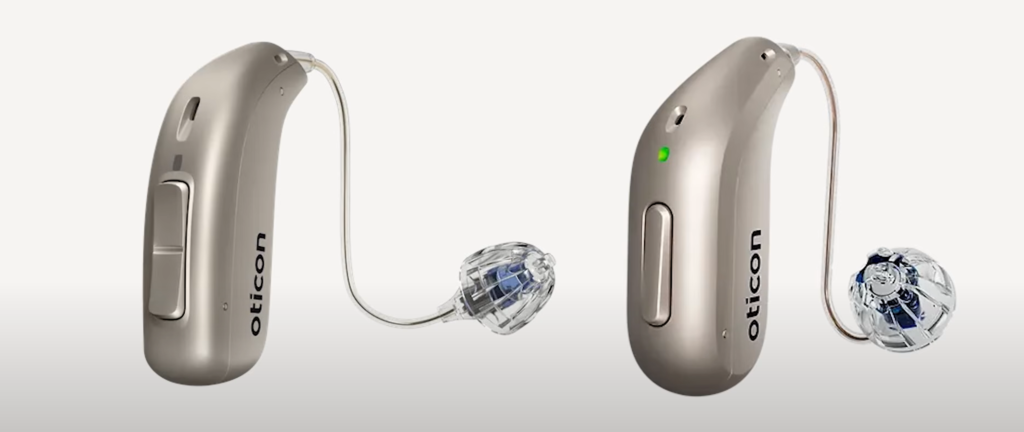
Having seen them in plenty of ears now, I can say that they sit a lot better, following the contours of the little valley above the tragus and making them seem that little bit more discreet. Not that this was a huge issue before, but I’m happy with these marginal gains of improvement.
2. Information
Secondly, the receiver information is now stored on the receiver itself, which doesn’t really help you, but it does mean that it won’t be possible to have a mismatch between what’s in your ear and what the software thinks is in your ear, meaning that there’s less room for error when it comes to hearing aid fittings with your audiologist.
3. Self-calibration
The third and final improvement is that they’re now self-calibrating, which Oticon states means that they now have an accuracy of plus or minus 1 dB, and this should result in a 57% more accurate gain. I would actually love to know more about this subject, but I can’t find any information anywhere.
Technology levels
The Oticon Intents are available in four different technology levels, the 1s, 2s, 3s, and 4s, with the former being the most advanced of the family. This will give you access to the greatest degree of clarity, noise reduction settings, and automation.
In my opinion, it’s worth going for the most advanced technology level that your budget can afford, as it will provide you with the best possible hearing, and most of my personal experience has been fitting the Intent 1.
Rechargeability enhancements
Oticon’s battery updates are high up on their list of improvements, but it wasn’t something that I personally feel they needed to change, and I think that they’ve fixed a problem that didn’t exist. In recent developments, we’ve seen some advances from the likes of Signia, Widex, and Starkey with their rechargeability, with battery capacities increasing to over 30 hours now on a single charge. And whilst Oticon have made improvements to their rechargeability, they’ve taken a slightly different approach by increasing the size of their lithium-ion battery to a size 13.
A single charge will now only take 2 hours, rather than the 3 that we’ve seen in previous technology, and if one day you fall asleep on the sofa and forget to put them on charge, the next morning you can supercharge them for 15 minutes, and that will give you 4 hours of usage. Or if you can make it 30 minutes, they’ll last for 8 hours, which is a nice improvement.
The downside of all of these improvements is that they do come at a cost:
- Firstly, Oticon have made the same mistake that Phonak did when they released their Lumity and then solely released the hearing aid as rechargeable.
- The second backwards step is that with the Oticon Real, it was possible to open up the battery door and switch out those lithium-ion batteries if there was ever an issue, and this could all be done by your audiologist in clinic rather than having to send the whole hearing aid back to Oticon HQ. Now, with a turnaround time of around 2 weeks for a repair, that’s a long time for you to be without your hearing aid.
On another positive note, Oticon have also released a smart charger for their Intent hearing aids, which is a portable charger storing three full days of battery life in the charger itself, so that your hearing aid can be charged on the go without needing to always be plugged into a power source. This is great if you go camping for the weekend or travelling somewhere that you may not have access to a power source, so you can keep your hearing aid stored in the case, and they’ll be constantly charging.

Sound quality
Every couple of generations of hearing aids, not only do we see an update when it comes to the technology, but we also see a brand-new chip. And with a new chip, we tend to see bigger technological developments. And on this occasion with the Intent, it’s not just a new hearing aid but a brand-new chip as well. The new chip is called Sirius and all of the newer features are technically based on their previous chip, the Polaris R, but with three key features providing a better understanding of speech clarity in background noise. So let’s run through them.
1. Deep Neural Network 2.0
The first new feature is an improvement of their deep neural network. For a couple of generations now, Oticon have been boasting about the way that they use artificial intelligence to train their hearing aids to recognise the environment around you and accurately decide what you are most likely to want to be hearing. And this is all done by training the chip using 12 million different sound scenes. Well, in this new tech, they’ve taken their DNN one step further with their DNN 2.0, which has been trained using an even greater diversity of sound scenes, and should enable an even greater accurate representation of what you want to hear, giving you better access to speech sounds whichever listening environment that you’re in.
2. MoreSound Intelligence 3.0
Under the DNN 2.0 is Oticon’s MoreSound Intelligence 3.0, which is Oticon’s collection of noise reduction features designed to make it easier for you to follow and engage in conversations in more complicated listening situations, such as groups, crowds, or noisy listening environments. Oticon states that your hearing aids will constantly scan your environment and then organise and deliver the most appropriate sound based on that training from the deep neural network, highlighting those sounds that will be of interest to you and reducing the sounds that you’re less likely to want to hear.
Oticon’s research shows that their new MoreSound Intelligence 3.0 will allow up to a 12 dB noise suppression, improving the signal-to-noise ratio and giving you access to 35% more speech cues, which should result in more clarity and distinction in general conversations.
3. 4D Sensor Technology
Now, this is my favourite new feature, as a lot of the improvement that we’re seeing in the Intents is down to their new 4D sensor technology, which I have to say is pretty awesome. Oticon have finally joined the likes of Phonak, Signia, Starkey, and ReSound, and added motion sensors into their hearing aids.
Oticon states that by monitoring both conversational activity, your head and your body movement, plus the environment around you, these hearing aids are the first in the world to recognise when your needs change and to adapt to the settings that they need according to your situation, improving speech comprehension by around 15% when this feature is enabled. In practice, this means that if you’re in a restaurant, which is exactly where Oticon state that this 4D sensor technology would shine, depending on your scenario, this technology will react quite differently.
For example, a waiter in a restaurant needs to hear sound coming from all directions as they take care of different tables, joining multiple conversations, whereas if there was someone greeting customers entering the restaurant, their hearing aids would need to work differently, comparing that to someone sitting at the table with multiple people.
So three different scenarios in one location, all in a restaurant, but very different hearing needs, and the Intent hearing aid will monitor your conversation, head and body movement, and the environmental noise, and react accordingly. Most of my patients are reporting that yes, it works; however, there are one or two people stating that it really does only benefit them if they give a little bit of exaggeration of their head movements for those microphones to shift in the right direction.

Connectivity
I don’t entirely know where Oticon went wrong with their previous technology, but they have had so many connectivity issues that for a while, I wasn’t recommending Oticon hearing aids because it was giving me too many problems in clinic. And when I say problems, I mean the hearing aid not connecting to the phone at all, sometimes connecting to one side or the other, or sometimes not connecting to the app. But either way, it was intermittent, and this has without question resulted in patients choosing sometimes also not to go ahead with Oticon hearing aids.
However, they’ve completely overhauled their connectivity features, and they’ve done so in a few different ways.
LE Audio
LE Audio is something that is going to change the future of audio connectivity going forward. In the future, you’ll be able to walk into concert halls, conferences, train stations, and lectures, and the sound of whoever’s speaking will be sent directly to both of your hearing aids, all with the click of a button. I’ve heard on the grapevine that all hearing aid manufacturers are working together to get this installed in their hearing aids.
In the next few years, we should start to see Auracast broadcasted audio replace the century-old loop systems built into public venues at the moment, and this will allow for multiple hearing aid users to simultaneously connect to audio in these public spaces, all with an improvement in both sound quality and significantly lower battery consumption. The only downside at the moment is that this will only be useful when venues start to install the transmitters, so I think it’s going to be quite some time before we see this technology taking off, as in the latest update I’d heard that there are six transmitters that have been installed globally.
From the feedback that I’ve had from patients, yes, we’ve seen an improvement in connectivity issues, however there are still some similar issues out there with no real pattern to them.
Telecoil
Now, to highlight one downside with Oticon’s Bluetooth versus some other manufacturers is that it’s normal nowadays for us to have multiple technology devices in our lives, such as an iPad, laptop, and computer, and Oticon still hasn’t quite figured out how to seamlessly switch between these different devices. At the moment, it’s a little clunky, and the only way that I’ve found that it works seamlessly is to turn off the Bluetooth on one device and turn it on on the other, and then vice versa when you want to switch over.
This isn’t particularly convenient if you’re browsing the web on your MacBook and then you have an incoming phone call. Until Auracast technology takes off, I am pleased to announce that the Intents still have a built-in telecoil, unlike a few of their competitors, which is essentially the 20th-century version of LE Audio. So it allows for the streaming of sound in a public venue directly to both of your hearing aids and it can make a huge difference at the theatre, in church, etc.
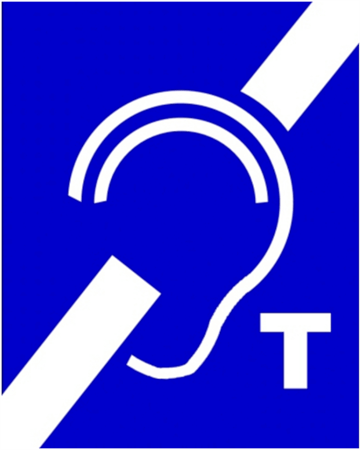
So I’m pleased to announce that Oticon understands the time that it will take for Auracast technology to take off and have still provided you with the telecoil in the interim. And this also tells me that they’re not expecting Auracast to be taking off anytime in the near future.
Oticon Companion App
The Oticon Companion App is pretty intuitive, and it allows you to change the programs and volume, you can also mute the microphones, change the bass, mids, and treble for both streaming and environmental sounds, check your battery, find lost hearing aids using the “Find my hearing aids” feature, and you can even have remote appointments so you can have adjustments made to the settings on your hearing aids whilst you’re at home and your audiologist is in clinic. So from my point of view, the app does everything that you would need it to do.
Tap control
As I mentioned at the beginning of today’s video, Oticon have made a change to their physical controls, and in another first they’ve also taken advantage of having motion sensors and introduced a tap control feature, meaning that instead of having to fiddle around to press the button on the back of your hearing aids and get your phone out, you can now double-tap your ear—double-tap to pick up or hang up your phone calls.
It isn’t a feature that everybody utilises, but those that do absolutely love it. I do, however, think that they’ve missed a trick here. Comparing the tap control feature to the likes of the Phonak family of hearing aids, theirs also allows you to stop or start phone calls or music and to activate Siri or Google Assist. Maybe this can be enhanced in the future with a firmware update.
Accessories
When it comes to accessories, Oticon have been great at recognising where hearing aid technology alone will struggle to overcome hearing challenges, and as a result, they have a wide range of accessories that will work with the Oticon Intents. For example:
- ConnectClip and the EduMic, which are remote microphones and great for hands-free phone calls or hearing better at lectures or at a distance
- TV Adapter 3.0 allows for streaming of the television directly to both of your hearing aids
- Remote Control 3.0, which is useful if you don’t have a smartphone
- Phone Adapter 2.0, which allows you to stream your landline directly to your hearing aid too.
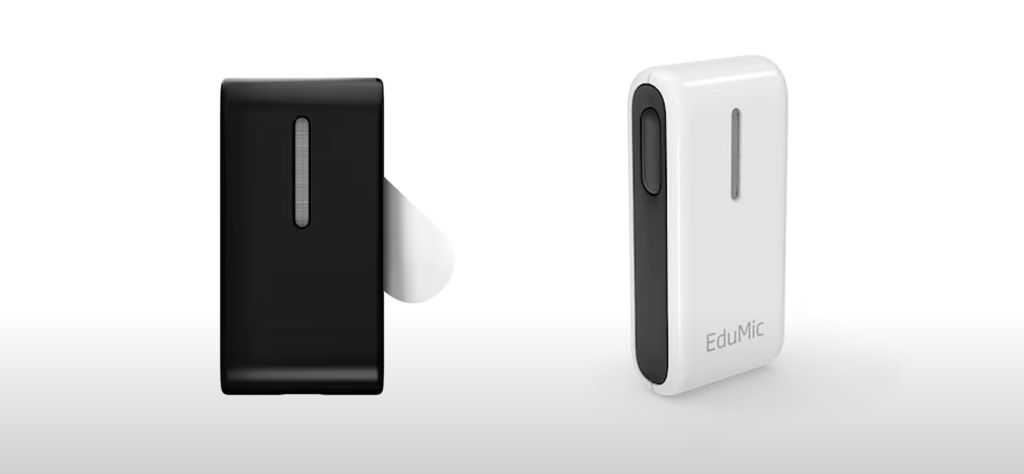
Is Oticon Intent the right hearing aid for you?
In my opinion, you would be silly to make a decision on this hearing aid being right for you solely based on this information. The best way to get your perfect hearing aid match is by booking a hearing test at one of our clinics.
I Fitted 100s of Oticon Intent Hearing Aids… This Detailed Review Shows My Findings Video
Matthew Allsop is a Partner at Harley Street Hearing, and a content creator for Hearing Tracker, where he shares his honest opinion on all new hearing aid technology. Hearing Tracker is the world’s first truly independent resource for hearing aid customers. You can view his video where he shares his thoughts on the Oticon Intent hearing aid range below.
Enjoy this article? You might be interested in some of our others:
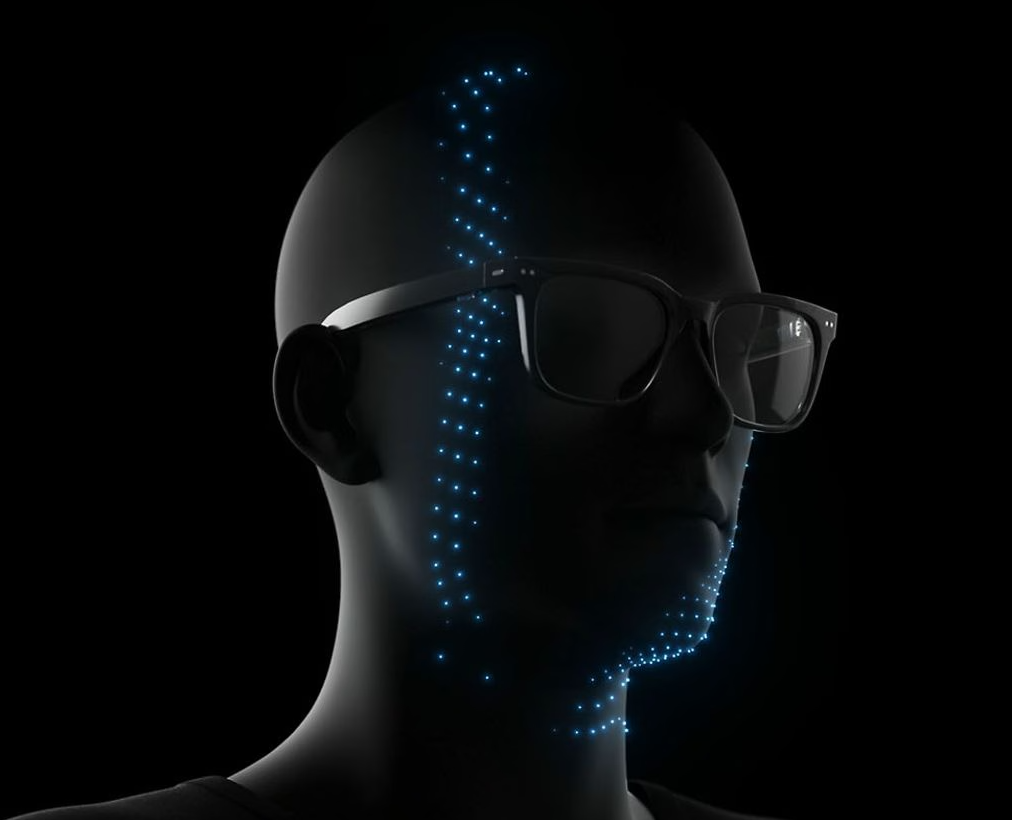
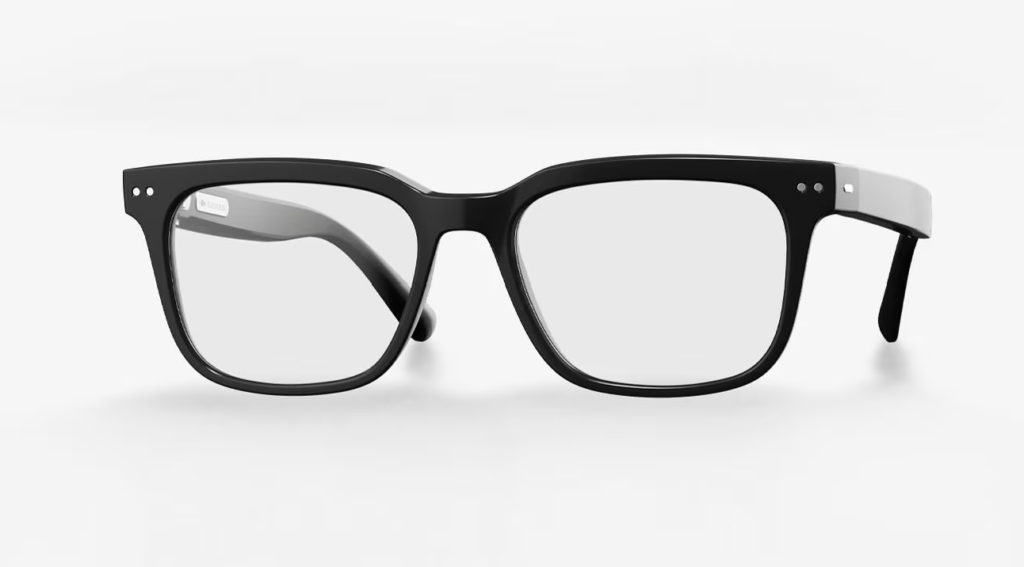
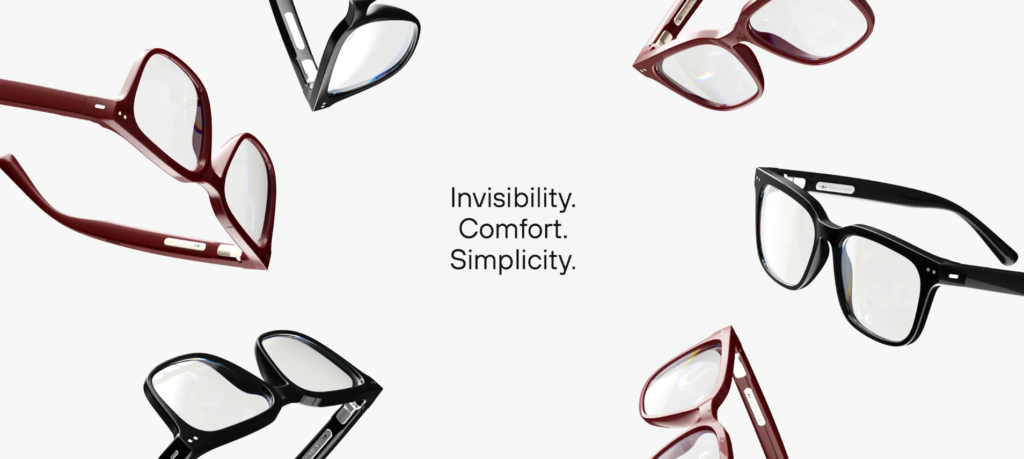
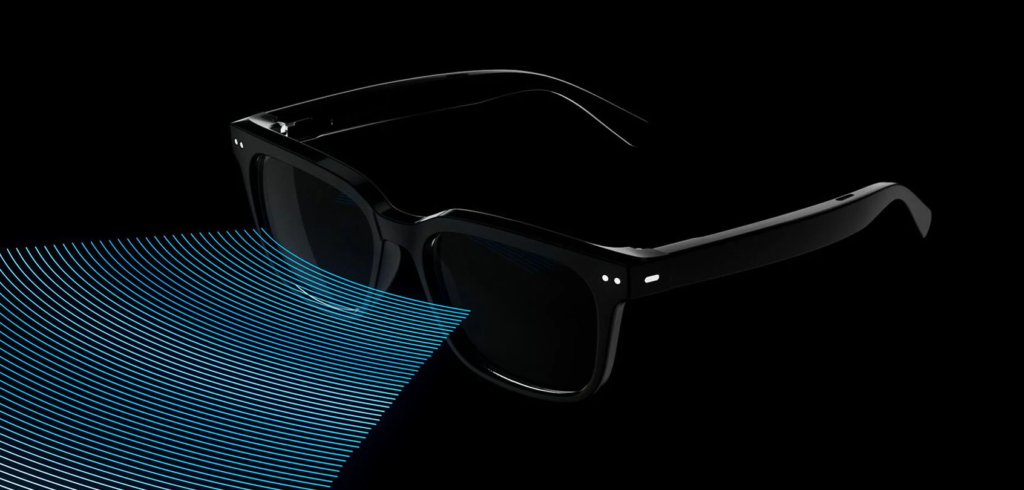

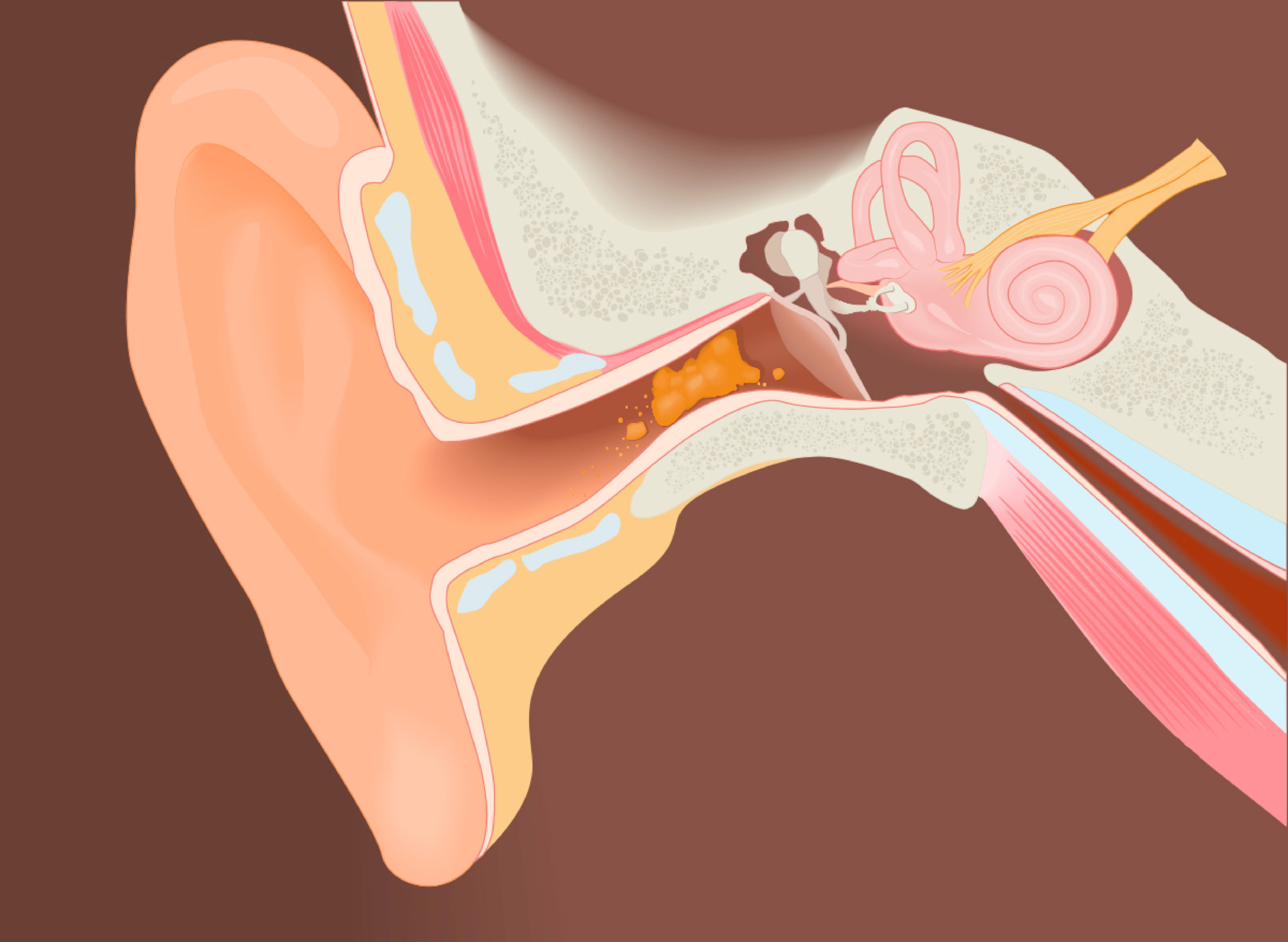
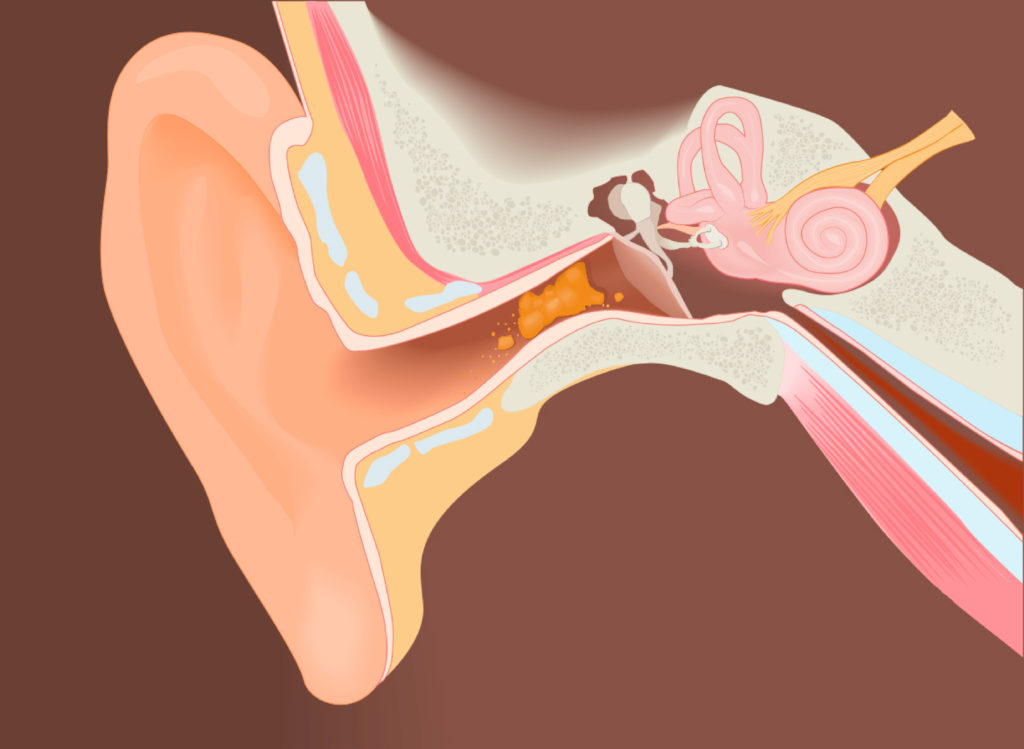
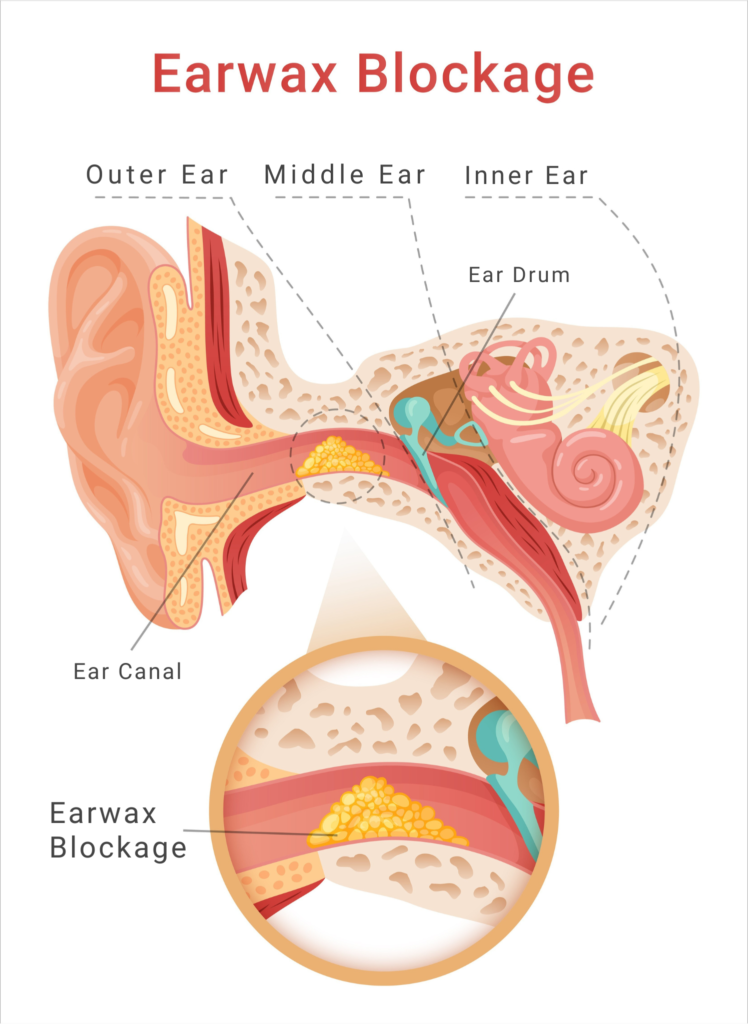
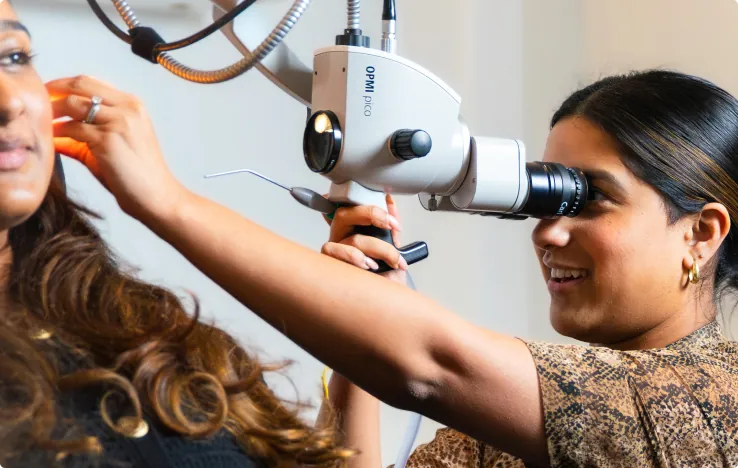




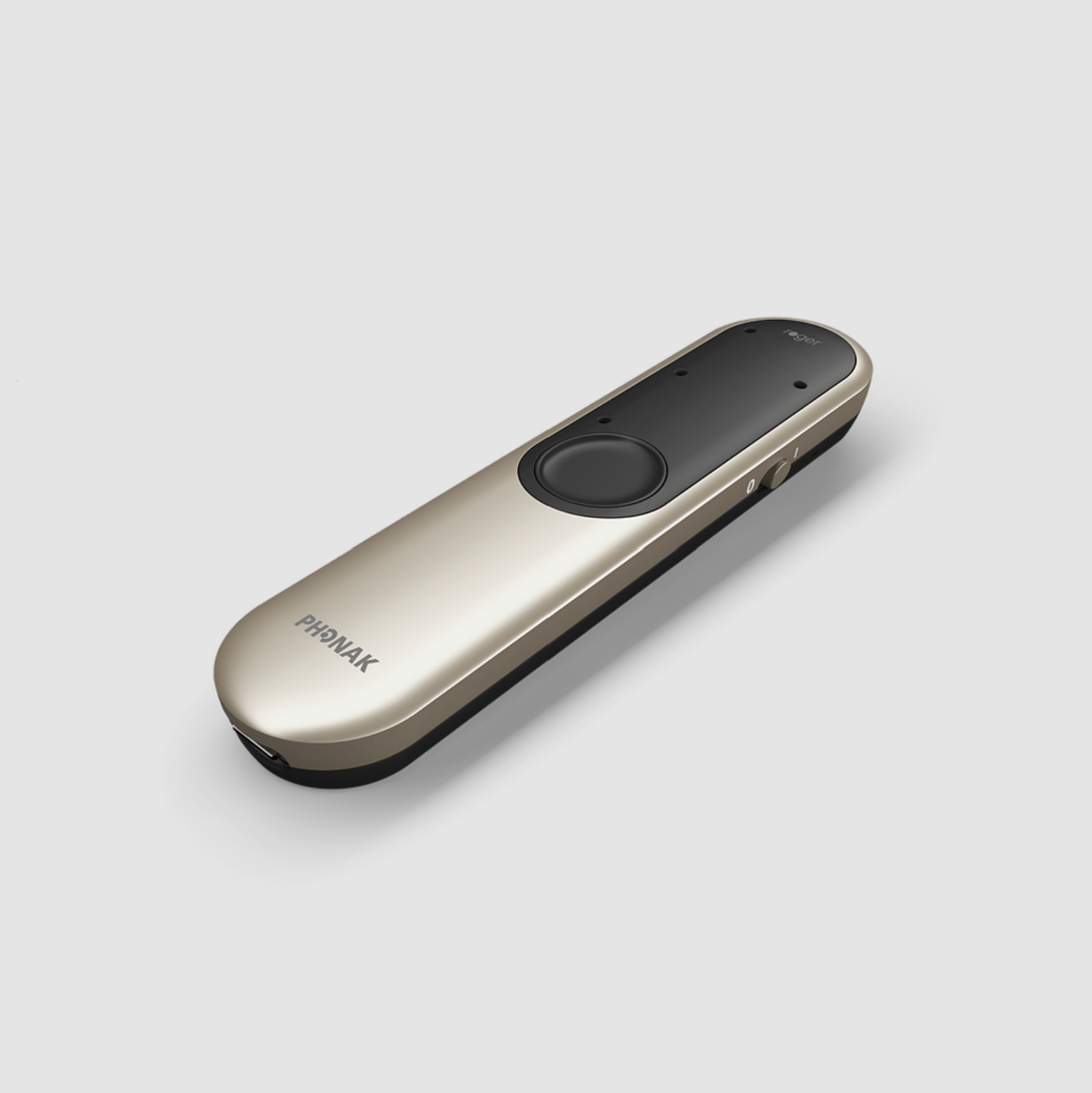
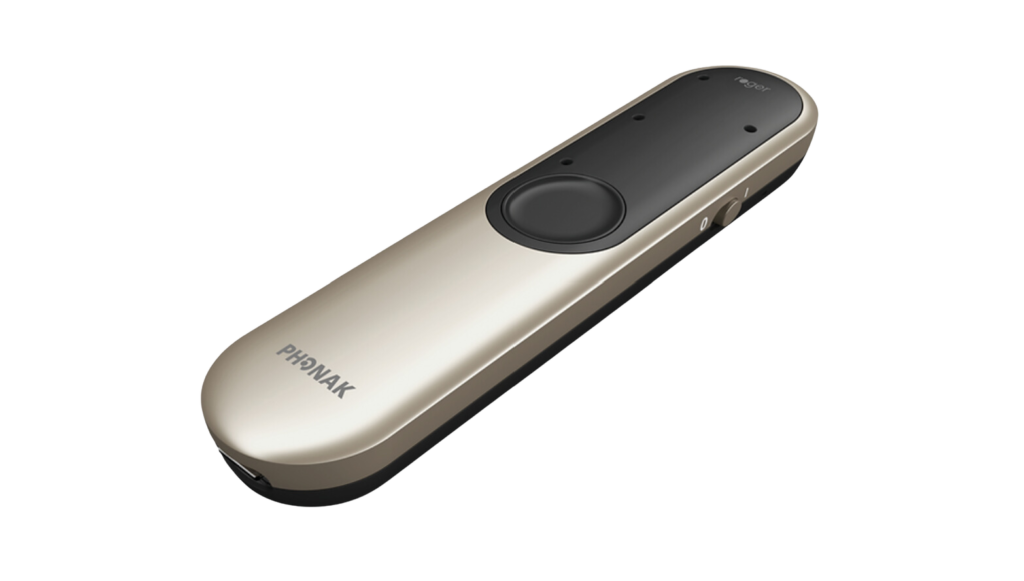

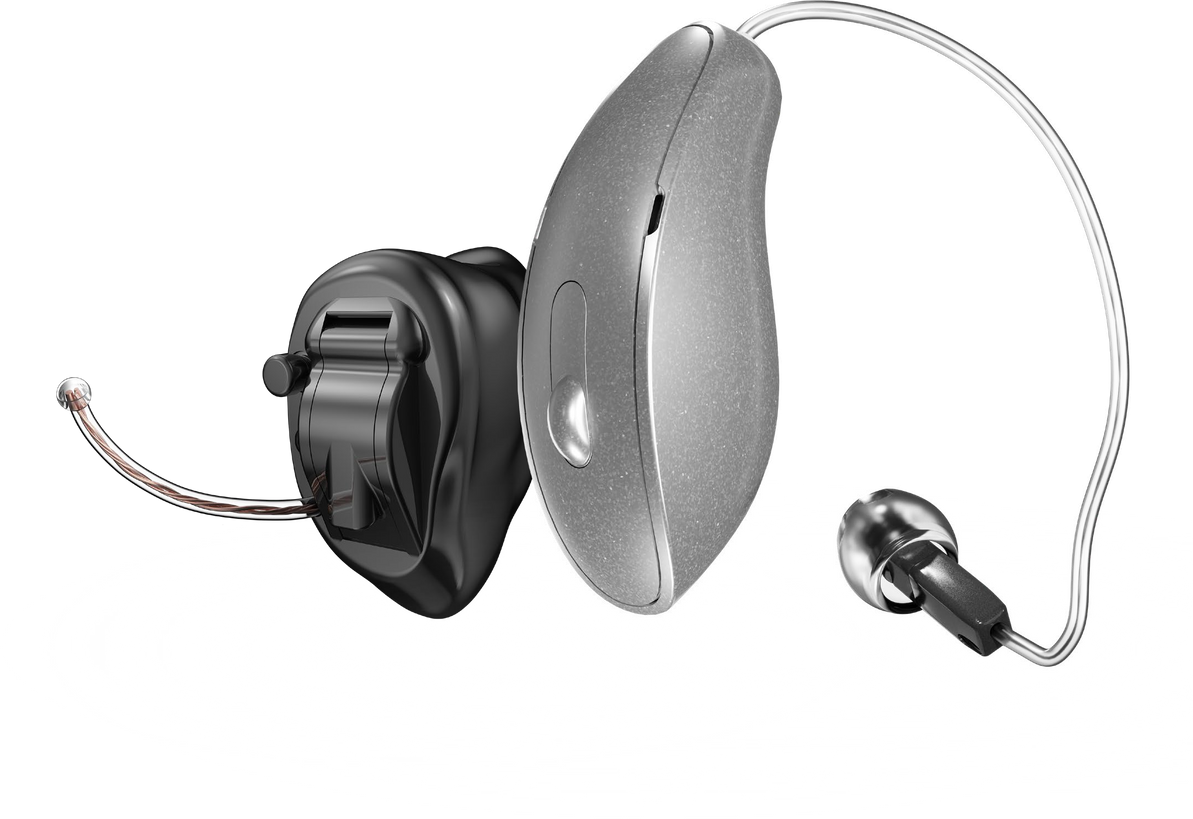
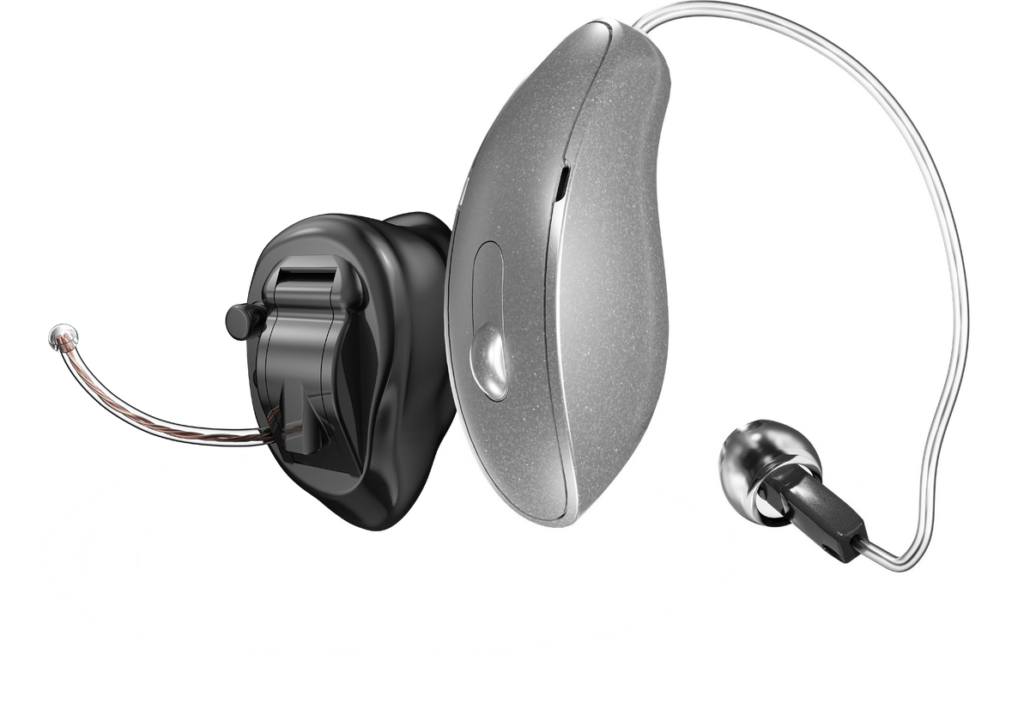
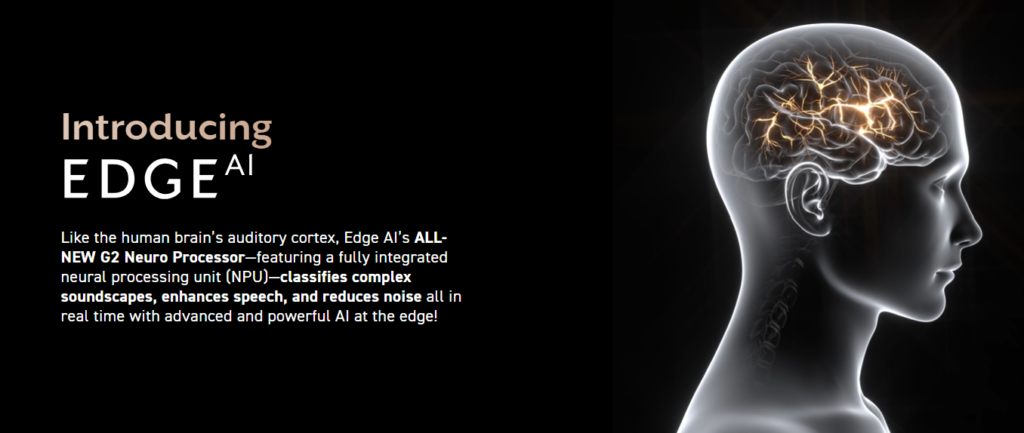
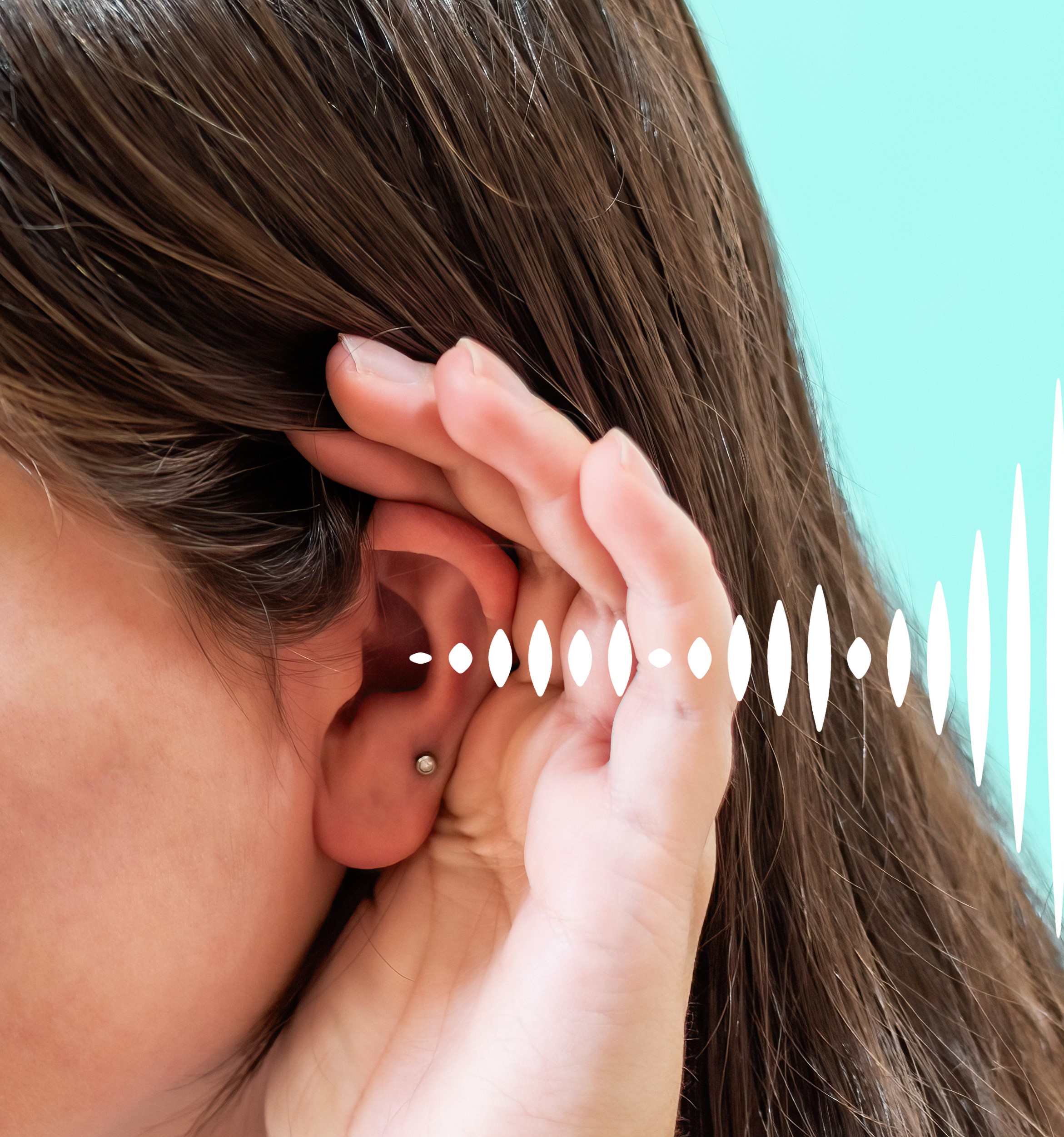
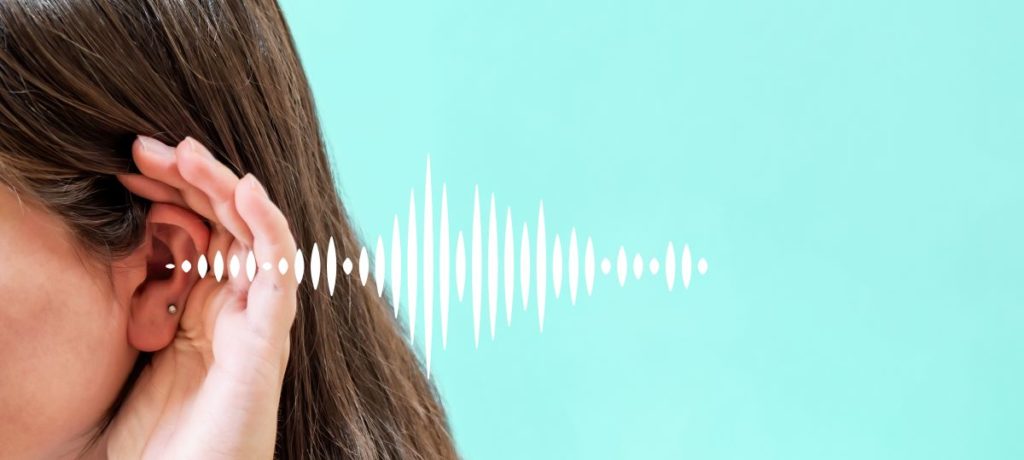
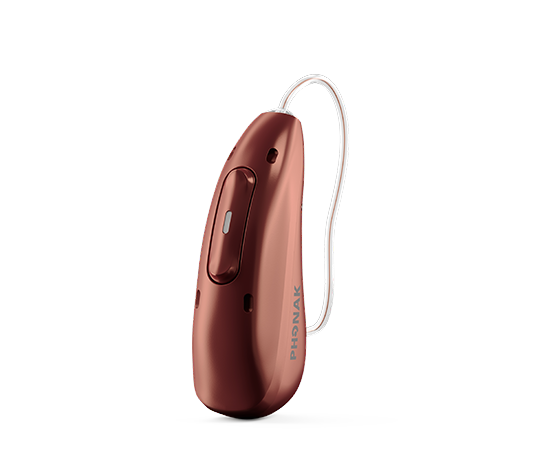
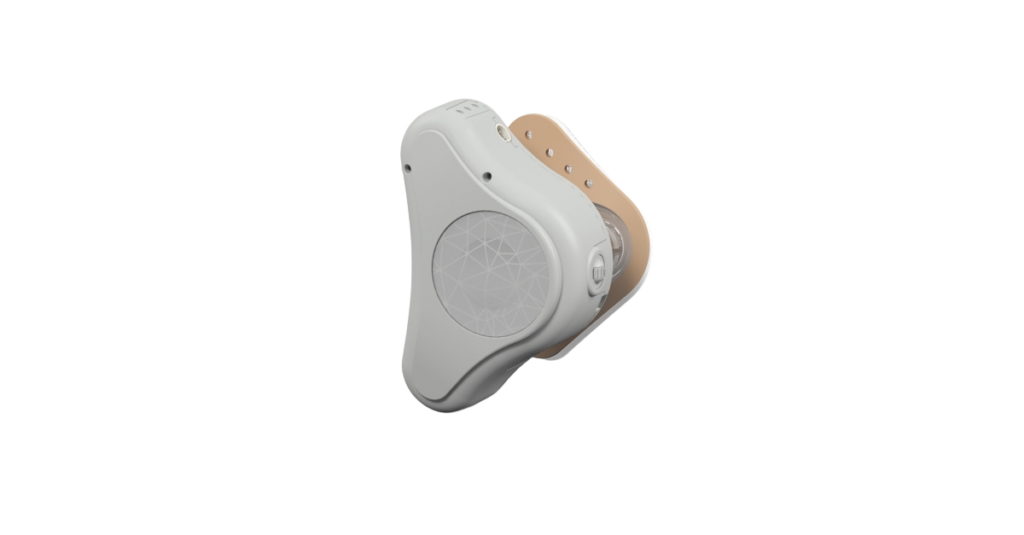
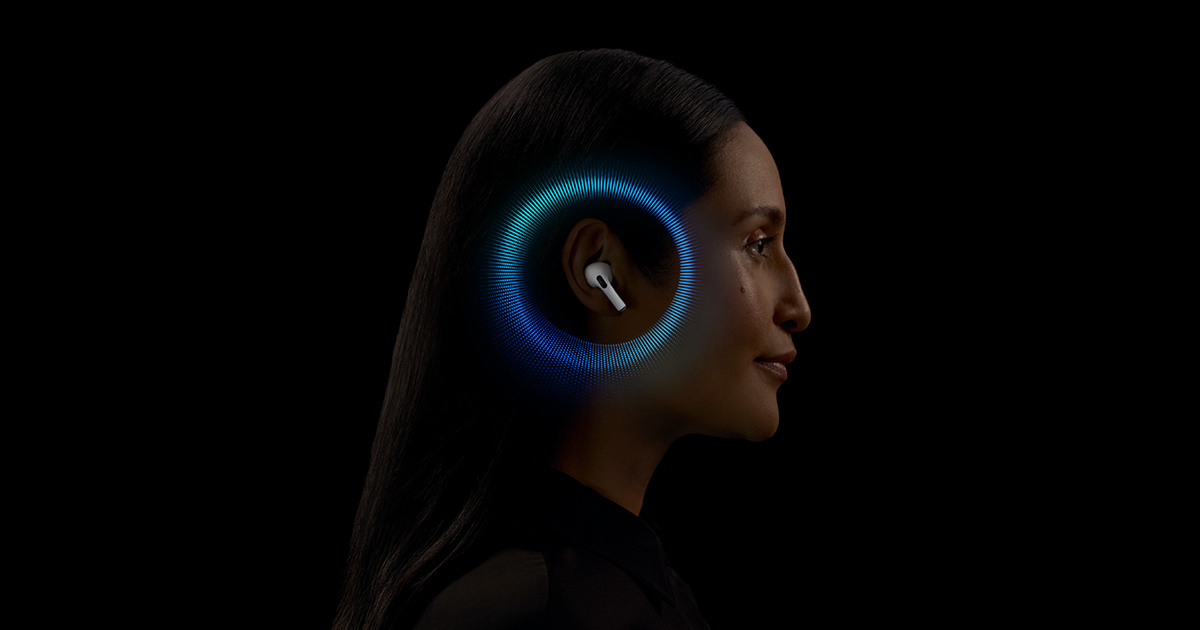
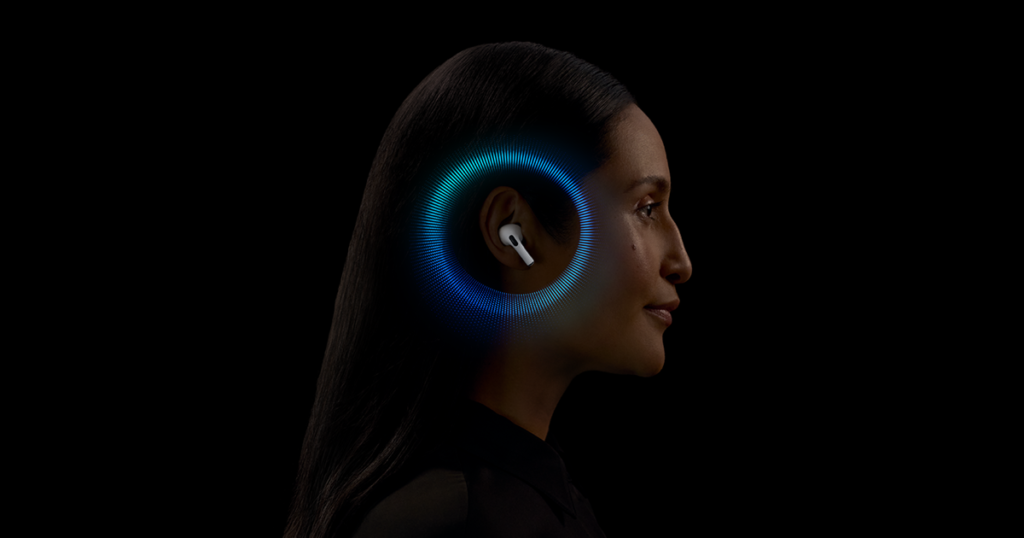










Recent Comments